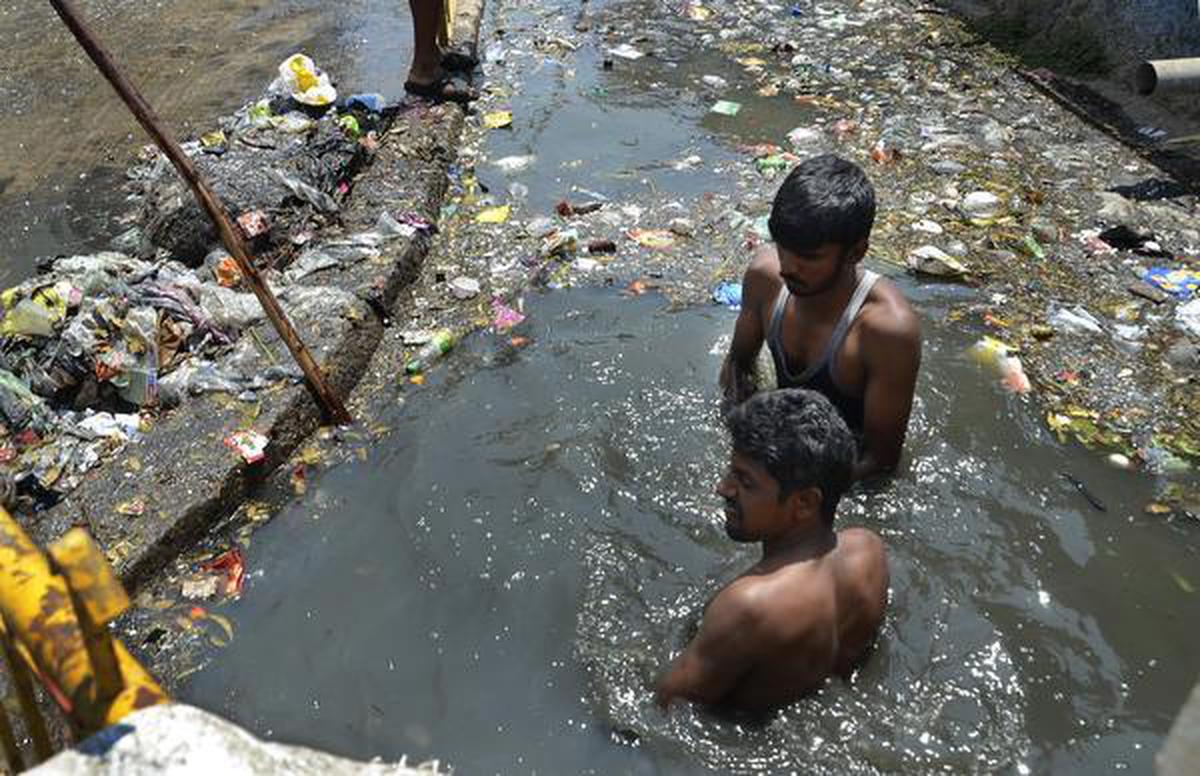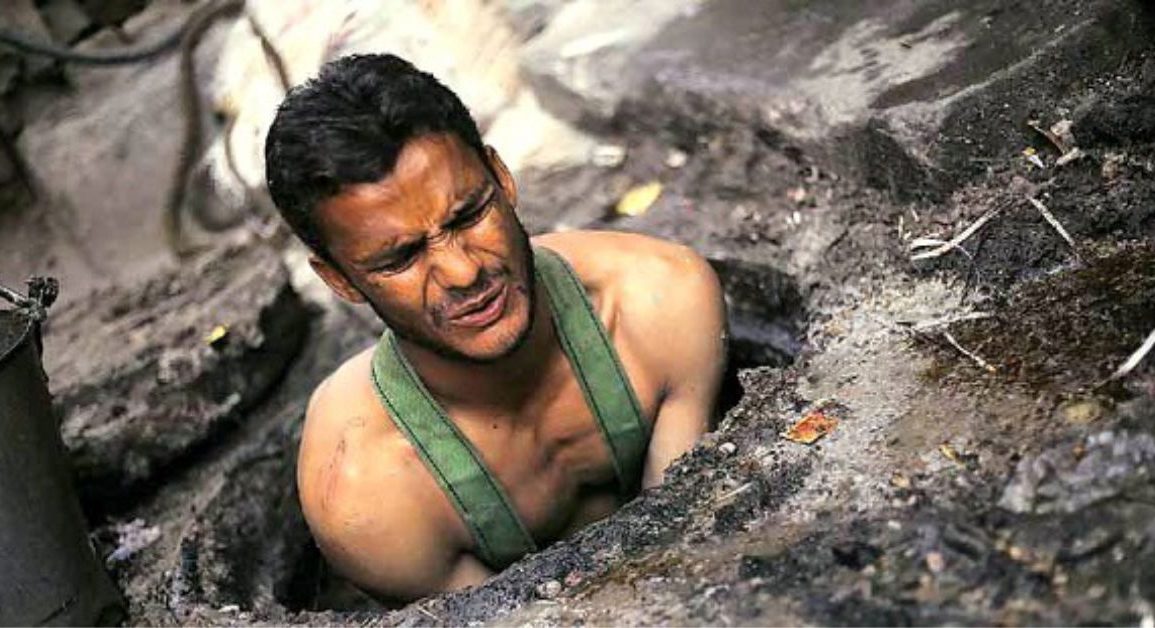The concept of manual scavenging is an ancient and inhumane practice that has been plaguing India for centuries. Despite being outlawed in 1993, this dehumanizing profession continues to exist in various forms, leaving thousands of marginalized individuals to suffer in silence. Manual scavenging involves the forced removal of human waste, sewage, and other hazardous materials by hand, often without adequate protection or compensation. This heinous practice is a blight on India’s reputation and a stark reminder of the social and economic inequalities that still plague the country.
The Systematic Denial of Human Rights
Manual scavenging is a gross violation of human rights, particularly those related to equality, dignity, and freedom from exploitation. The majority of manual scavengers are Dalits, a Scheduled Caste group that has been discriminated against for centuries. This community is forced to engage in this dehumanizing work as it is often the only option available to them. The scavengers are subjected to physical and mental abuse, with many falling ill and even dying due to the hazardous conditions in which they work.
The Lack of Effective Legislation and Enforcement

Despite the Prohibition of Employment as Manual Scavengers and their Rehabilitation Act, 2013, the practice continues to thrive. The act aimed to rehabilitate manual scavengers and provide them with alternative employment opportunities. However, the implementation of this act has been slow and ineffective, with many states failing to provide adequate support and resources to the affected communities. Furthermore, the lack of political will and corruption within the government have hindered efforts to eradicate manual scavenging.
The Health Risks and Long-Term Consequences
Manual scavenging poses significant health risks to those who engage in this practice. The scavengers are often exposed to hazardous materials, including human waste, sewage, and other pollutants, which can lead to serious health issues. The long-term consequences of manual scavenging can be devastating, with many scavengers developing serious illnesses such as infections, respiratory problems, and cancer. The social and economic consequences are equally severe, with manual scavengers often suffering from depression, anxiety, and social isolation.
Manual scavenging is a heinous practice that is a stain on India’s society. Despite the numerous efforts to eradicate this practice, it continues to exist, leaving thousands of marginalized individuals to suffer in silence. It is imperative that the Indian government takes concrete steps to implement the Prohibition of Employment as Manual Scavengers and their Rehabilitation Act, 2013, and provides adequate support and resources to the affected communities. It is also crucial that the Indian society comes together to recognize the dignity and human rights of manual scavengers and works towards creating a more equitable and just society.


